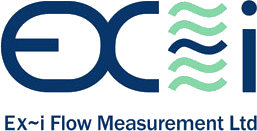Gas Demand Across European Union To Increase by 7% in 2015
Posted onAfter four years of decline, European gas demand is estimated to increase by 7% in 2015 with respect to last year according to the latest forecast from Eurogas, the gas association representing the European gas wholesale, retail and distribution sectors. The first half of 2015 saw a significant increase of approximately 9% in demand, compared with the same period in 2014. This estimate comes from their annual survey, covering approximately 87% of the EU gas market.
